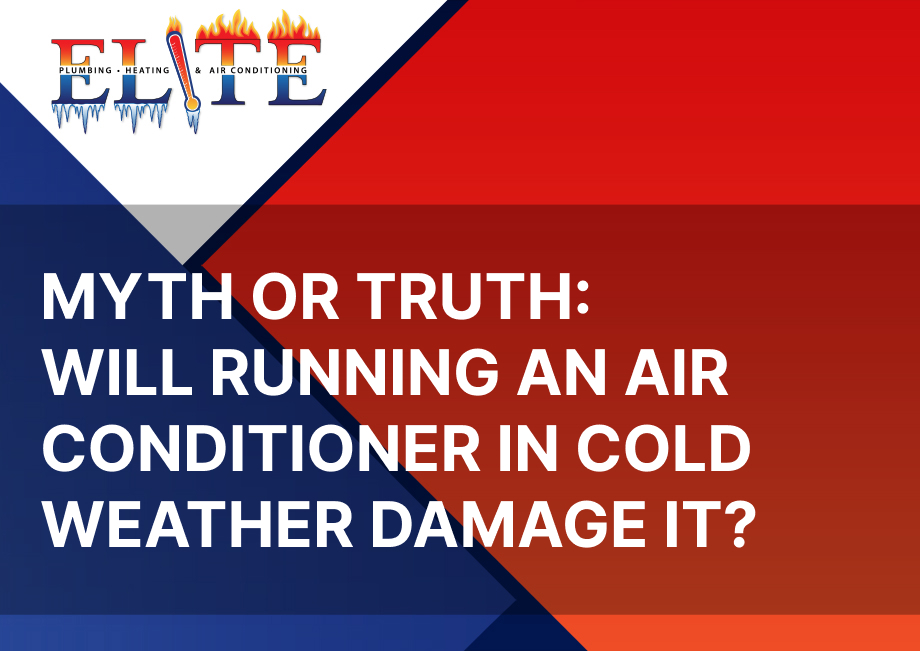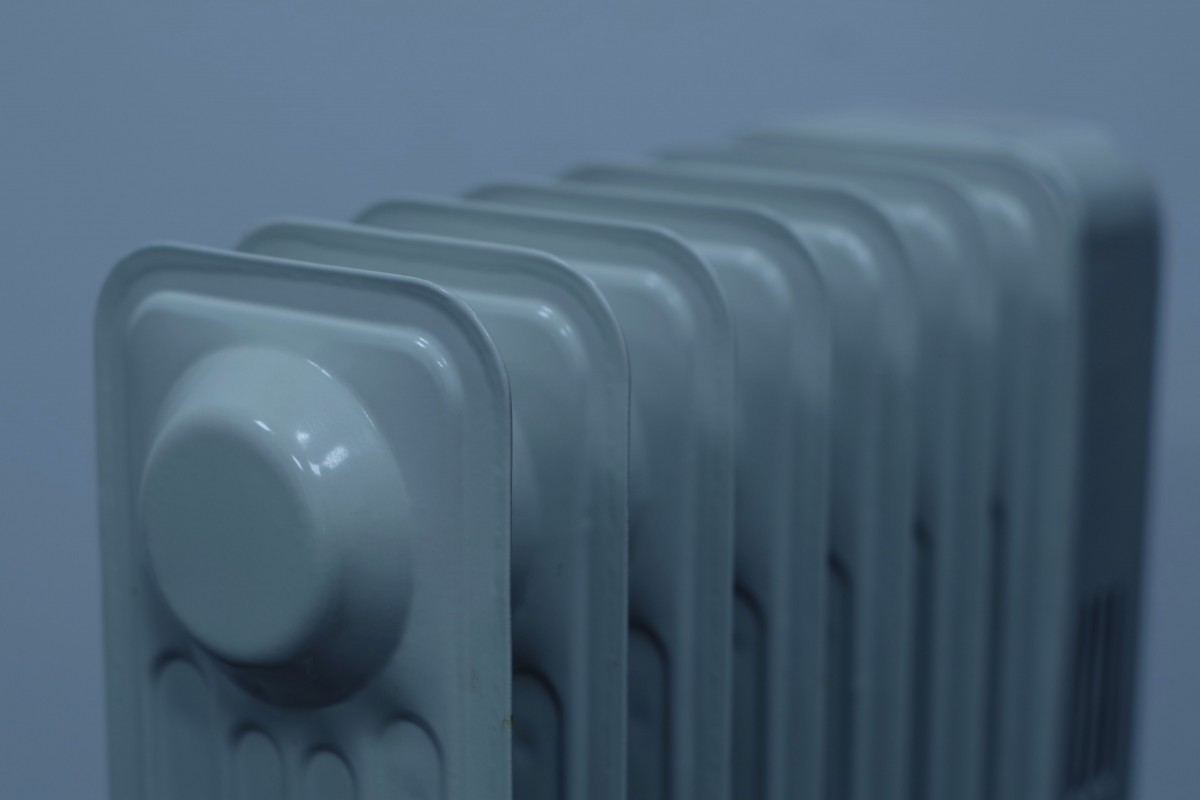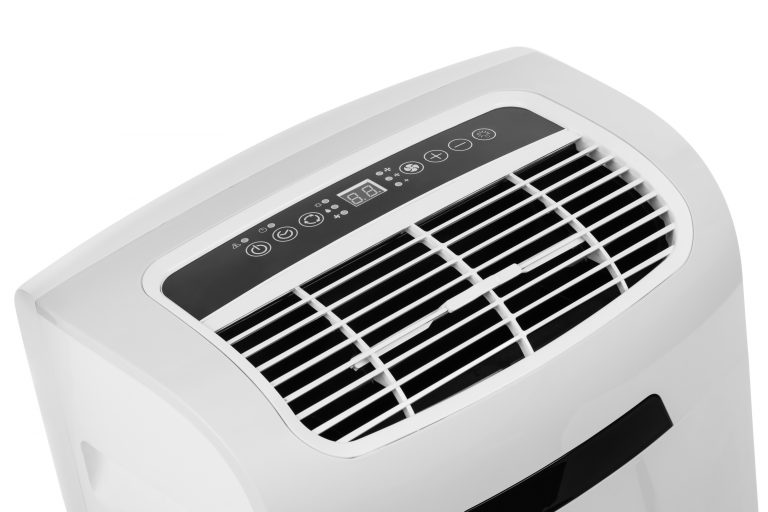Myth or Truth: Will Running an Air Conditioner in Cold Weather Damage It?
As the seasons change and temperatures drop, many homeowners question whether running their air conditioner during cold weather can cause damage. This concern arises from various myths and misunderstandings about the functionality and durability of air conditioning systems. Let’s explore whether this belief is a myth or a truth and what you should consider when using your AC in colder weather.
Understanding Air Conditioners and Cold Weather
Air conditioners are designed to cool indoor spaces by extracting heat and humidity from the air and releasing it outside. They work best when the outside temperature is warmer than the inside temperature. When the temperature drops significantly, the efficiency of an air conditioner decreases, and it may struggle to operate as intended.
Potential Risks of Running an AC in Cold Weather
- Compressor Damage: The compressor is the heart of your air conditioning system. It relies on proper lubrication to function efficiently. In cold weather, the oil in the compressor can thicken, leading to insufficient lubrication. This can cause excessive wear and tear, potentially resulting in compressor failure.
- Frozen Coils: Running an air conditioner in cold weather can cause the evaporator coils to freeze. This happens because the refrigerant inside the coils can drop below freezing, leading to ice buildup. Frozen coils can restrict airflow and reduce the system’s efficiency, eventually causing damage.
- Reduced Efficiency: Air conditioners are not designed to run efficiently in cold weather. When the outside temperature is too low, the system has to work harder to transfer heat, leading to increased energy consumption and potential strain on the components.
Situations Where Running an AC in Cold Weather Might Be Necessary
Despite the risks, there are certain situations where running an air conditioner in cold weather might be necessary. For example, if you have a heat pump system, it operates as both an air conditioner and a heater. Heat pumps are designed to work efficiently in a range of temperatures, including colder weather. However, they still have limitations, and extremely low temperatures can impact their performance.
Precautions to Take
If you need to run your air conditioner during cold weather, consider the following precautions to minimize potential damage:
- Use a Low-Ambient Kit: Some air conditioning units can be equipped with a low-ambient kit, which allows them to operate efficiently in lower temperatures. This kit helps regulate the system’s pressure and prevents issues like frozen coils and compressor damage.
- Regular Maintenance: Ensure your air conditioner is well-maintained and serviced regularly. This includes checking the refrigerant levels, inspecting the coils, and ensuring the compressor is properly lubricated.
- Monitor Temperature: Avoid running your air conditioner when the outside temperature drops below 60°F (15°C). Instead, use alternative cooling methods, such as fans or natural ventilation.
Conclusion: Myth or Truth?
The belief that running an air conditioner in cold weather will always damage it is a mix of myth and truth. While it’s true that air conditioners are not designed to operate efficiently in cold weather and can suffer damage if used improperly, taking the right precautions can mitigate these risks. Understanding your system’s limitations and following best practices can help ensure its longevity and performance.
For expert advice and professional AC maintenance, contact Elite Plumbing, Heating & Air Conditioning at 702-263-2665. Our experienced technicians are here to help you keep your HVAC system running smoothly year-round.
SCHEDULE YOUR FREE ESTIMATE
We Provide Expert Air Conditioning Services in Las Vegas, NV










